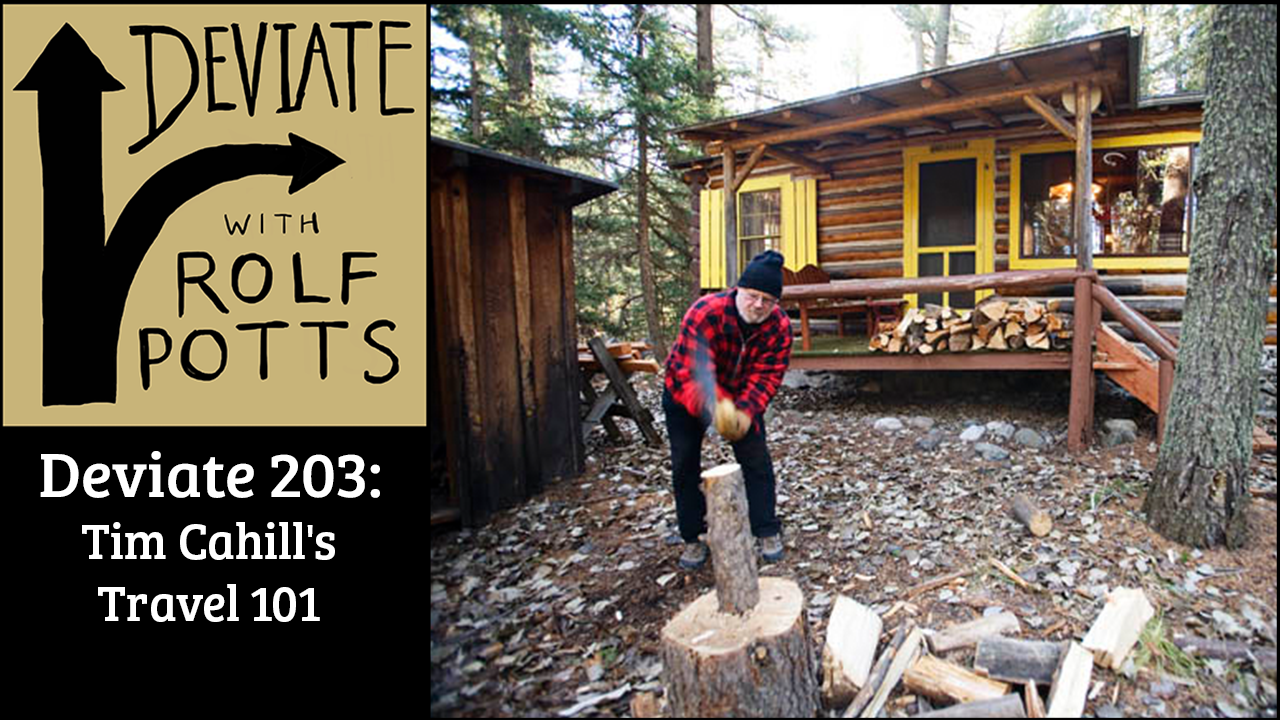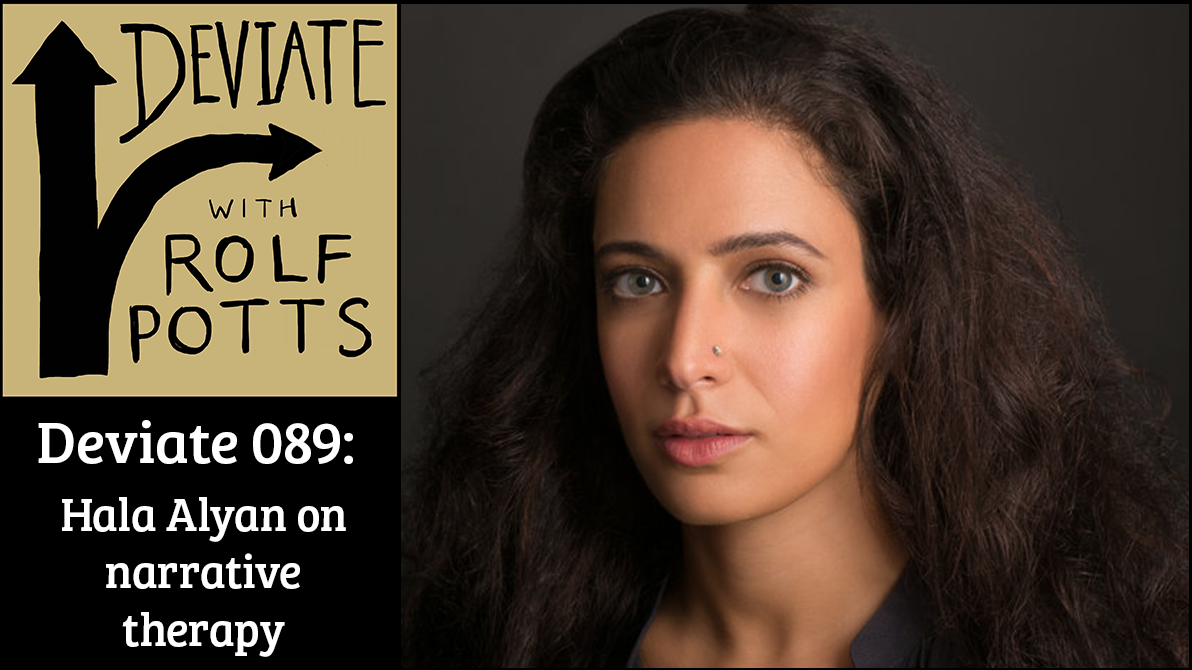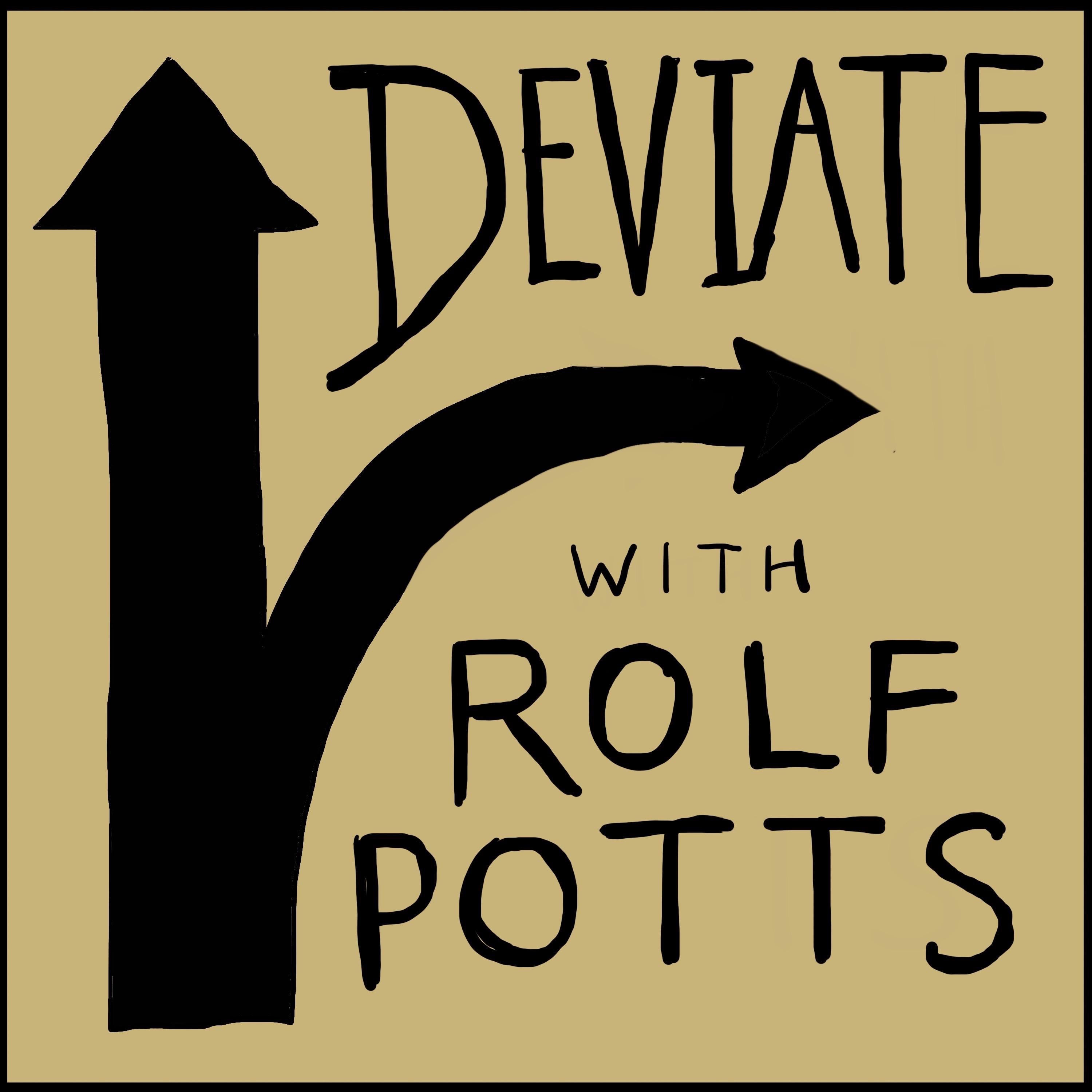“It’s better for characters if their arc isn’t a straight line. You get to see how far they will go for something. You get to test them.” – Latoya Morgan
LaToya Morgan (@MorganicInk) is screenwriter who currently serves an executive producer on AMC’s Into the Badlands. Previously, she has worked on the shows Shameless and Turn. She is currently developing a drama for AMC based on Wesley Lowery’s best-selling book They Can’t Kill Us All.
In this episode of Deviate, Rolf and LaToya talk about her early upbringing and influences (2:30); diversity on television (8:30); her decision to become a writer (15:00); the role of research versus personal experience in writing (28:00); the the experience of working in a writers’ room (34:00); and managing work/life balance (48:00).
Notable Links:
Books mentioned:
The Deviate theme music comes from the title track of Cedar Van Tassel’s 2017 album Lumber.
Note: We don’t host a “comments” section, but we’re happy to hear your questions and insights via email, at [email protected].

“Eat what is put in front of you. They are not making fun of you. The rooster’s head floating in the soup really is...

“Everything we do in this world comes with a story attached to it.” – Hala Alyan In this episode of Deviate, Rolf and Hala...

“Syria is a mix of everything. There are multiple Christian cultures, multiple Muslim cultures, and multiple languages. It’s the crossroads of the world. It...